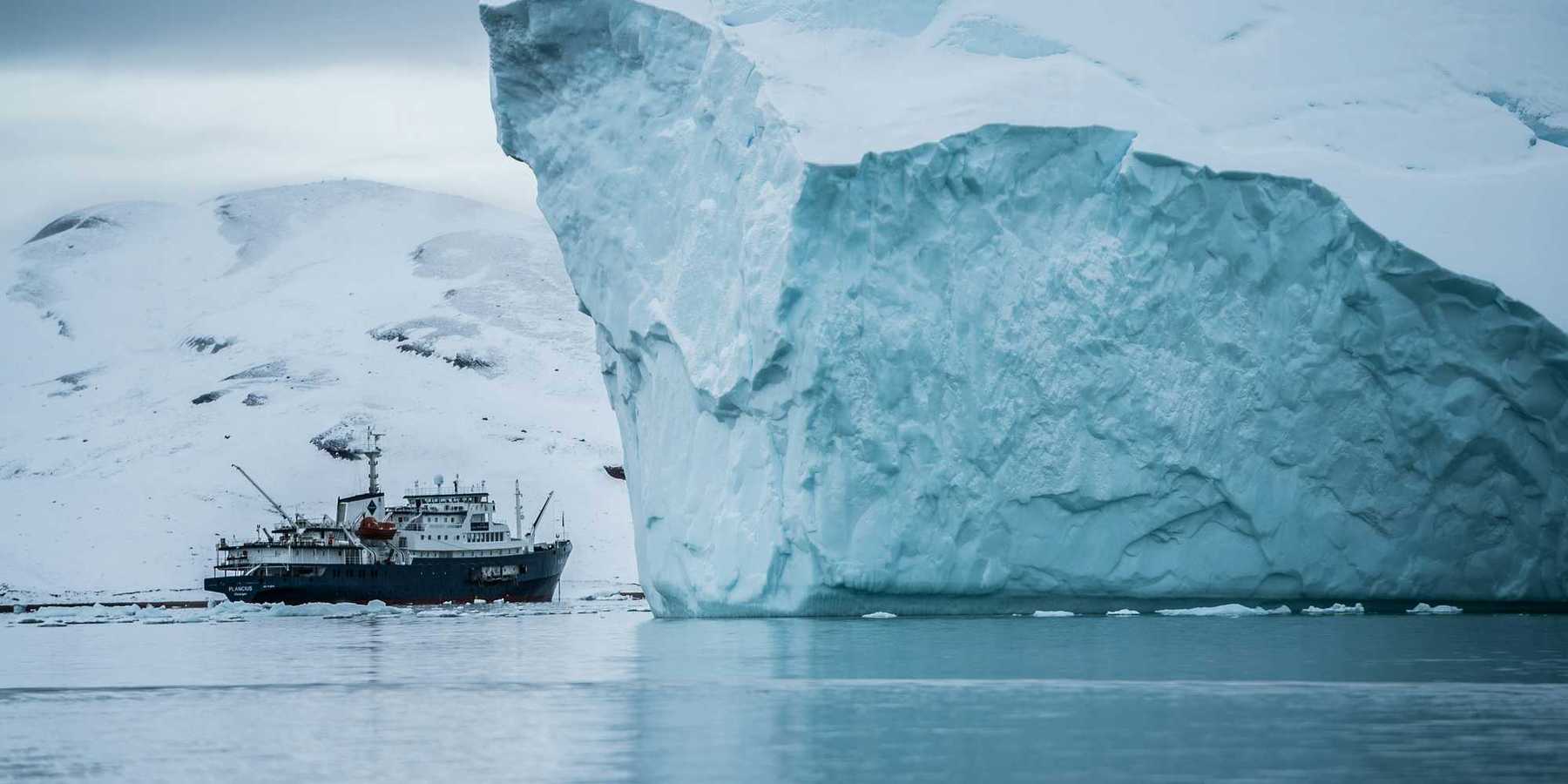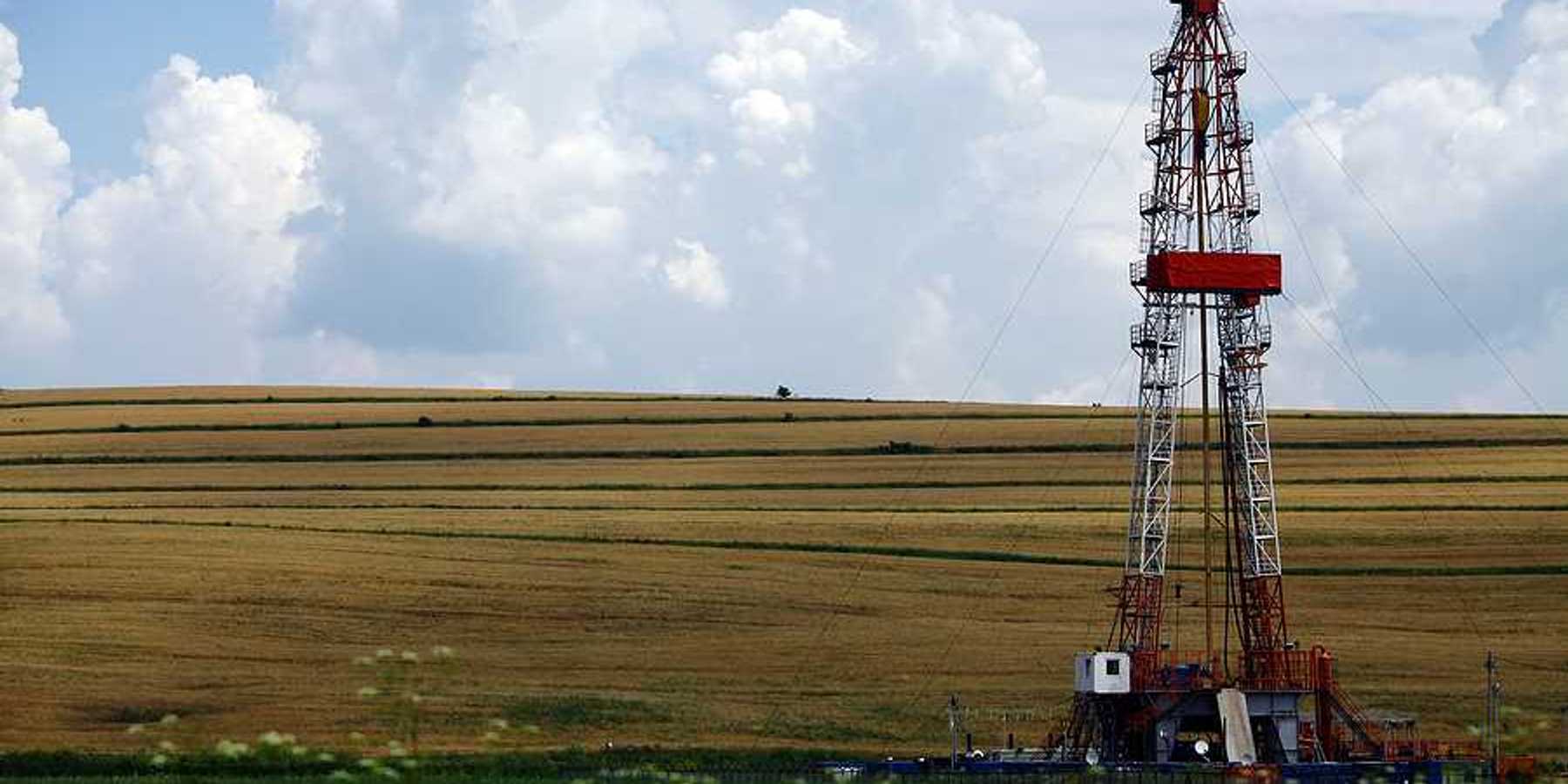Britain, Canada ally to boost support for global coal phase-out
The U.S. is effectively a global pariah in the international fight against climate change. But other developed nations are stepping up and taking steps to mitigate climate change in the absence of U.S. engagement and leadership.
- Britain and Canada will urge nations at U.N. climate talks to join them in a global alliance to phase out coal, defying U.S. lobbying in favor of the fossil fuel at the same event.
Though some reports suggest that we must rely on fossil fuels while renewable energy output is expanded, the optics were somewhat unfortunate to say the least, with Michael Bloomberg tweeting this about the event:
While Britain and Canada are pursuing a global coal phase-out, China and India are offsetting the Trump administration's inaction by supporting stronger climate policies. In fact, these two countries may even outperform their objectives:
- China was on track to over-achieve its pledge under the Paris Agreement to peak its carbon emissions by 2030, it said. And India was also making progress to limit a surge in emissions driven by more coal use.
The U.S. still has some like-minded friends, however.
- As coal output flags in Poland, that country is turning to its fossil fuel soulmate: Donald Trump. In fact, Present Trump promised the Poles during his summer visit: "Whenever you need energy, just give us a call.". With winter setting in, Warsaw is apparently taking him up on the offer.
"The election in the US was a climate disaster and it is turning out to be worse than we could have feared. The US President and Congress are doing everything they can to ensure more rapid and devastating climate change."
And the good news? Abraham notes:
"People are investing in clean energy because it makes economic sense. And this is the inflection point that makes the clean energy revolution unstoppable. That's why I am optimistic. That's why Al Gore is optimistic. That's the threaded message in his movie. And it's why you should be optimistic too."














